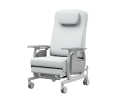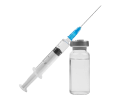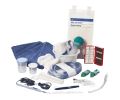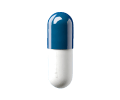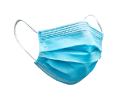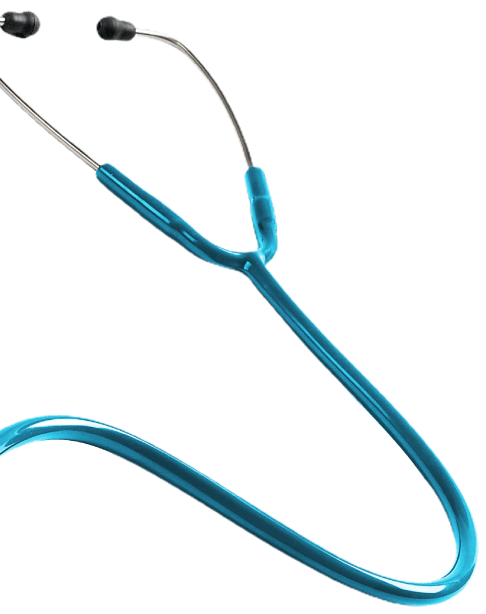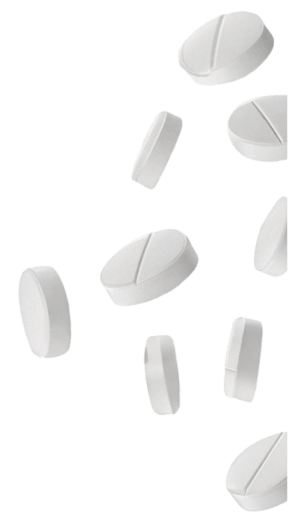Meet Your New Partner for Comprehensive Medical Supplies
Innovative Solutions for
Medical Supply
Procurement
Savings
Access
Sourcing
Control

Explore Using Pipeline Medical as My Primary Supplier
One Platform. Multiple Vendors. Lower Costs. Total Supply Chain Simplicity.
Quality Medical Supplies, Direct to Your Practice
Our Guarantee
Savings And Administrative Efficiency
Your focus should be on patients, not paperwork. We take the hassle out of medical purchasing so you can save time, cut costs, and keep your practice running smoothly, without the headache. Here’s how:
Smart Supply Management
One marketplace, multiple vendors, and single invoicing.
Fast, Reliable Fulfillment
Your account manager ensures you get what you need.
Exclusive Savings
Competitive pricing that maximizes your budget.
Numbers That Matter
Real Results Long-Term Impact
20-50%
Cost Reductions
99%
Order Fulfillment
8-12
Hours Saved a Week
Trusted by Practices Nationwide
Our Clients Say It Best
Pipeline Medical has been so Amazing!! Jamie took the time to help me shop for the best prices and to find some of the unique products I was asking for.
T. BensonCEO
Pipeline Medical delivers quality surgical products to our busy surgical centers efficiently at the most competitive prices.
James NewmanM.D. FACS
Pipeline Medical saved me over $40,000 in purchasing capital equipment and supplies when I started my new office.
Jason MeierM.D. in Jacksonville, FL
They meet all of our expectations. I would highly recommend Pipeline Medical to all healthcare professionals. They won’t disappoint you!
Christine B.Clinical Administrator, RMA
Thank you Zachary, Wayne, & Michael for providing the best service possible. Pipeline not only has the best prices but they are reliable + truly care about their customers!
Monica E. SanchezEOS Plastic Surgery
Efficient/Easy ordering and delivery and helpful sales people.
MollyJames S. Linder, MD, PC
Working with Pipeline Medical has been an absolute pleasure. Excellent products. Amazing customer service and support.
Dr. DelMauroPlastic Surgery Operations, New York, NY
Pipeline is fantastic! My Account Manager is always willing to help and any questions get answered in a very timely fashion.
Mario PSarasota, FL
We have used Pipeline since opening our surgery center in 2012. We have enjoyed many years of great service and excellent value.
Dr. Nima Shemirani4 year ago
I have moved 90% of our business to Pipeline.
Mary MonahanPark West Surgical
Significant improvement in cost savings and timeliness of delivery.
Emily KirbyKirby Plastic Surgery
Very patient and attentive to all of my needs-I will continue to work closely with Pipeline, and strongly recommend them to any clinic, big or small.
T. BensonRN Bellingham, WA


